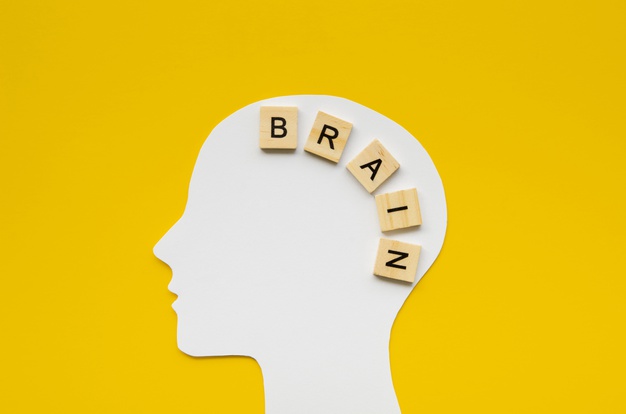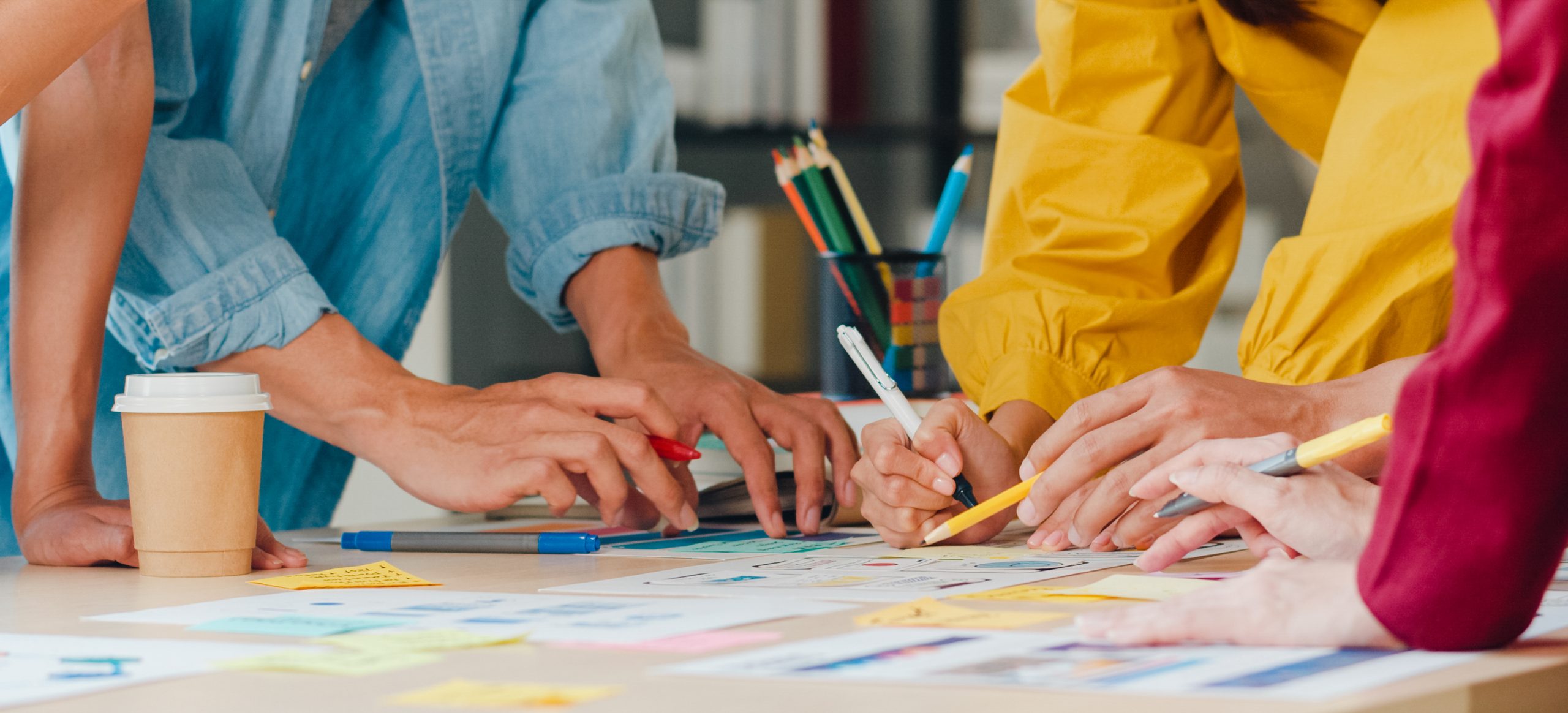Playing is fun. Playing is good. Whether by oneself or with a group, on a screen or on a board, we all like to play. Why so?
Jaak Panksepp, a scientist who has dedicated himself to researching on brains at play, developed a hypothesis: Play is how we learn the rules of being social. Through playing, we learn what others like and do not like. We learn about our limits. We discover our potential. We learn how to intertwine all these elements into our interactions with others.
Play is how we develop social skills besides our instinct, as seen in other species. In one experiment on highly social animals, or home pets, researchers found that kittens lack of play time still develop their hunting perfectly as they grew up, but they could not read social cues — they reacted with aggression much more quickly than normally raised cats.
Linking to this experiment, Panksepp thinks that play is essential for brain development at younger ages as a child learns how to fit it or communicate properly. In trials of extending playtime for kids with ADD (Attention Deficit Disorder) and ADHD (Attention Deficit Hyperactivity Disorder) marks of improvement in behaviors were reported.









